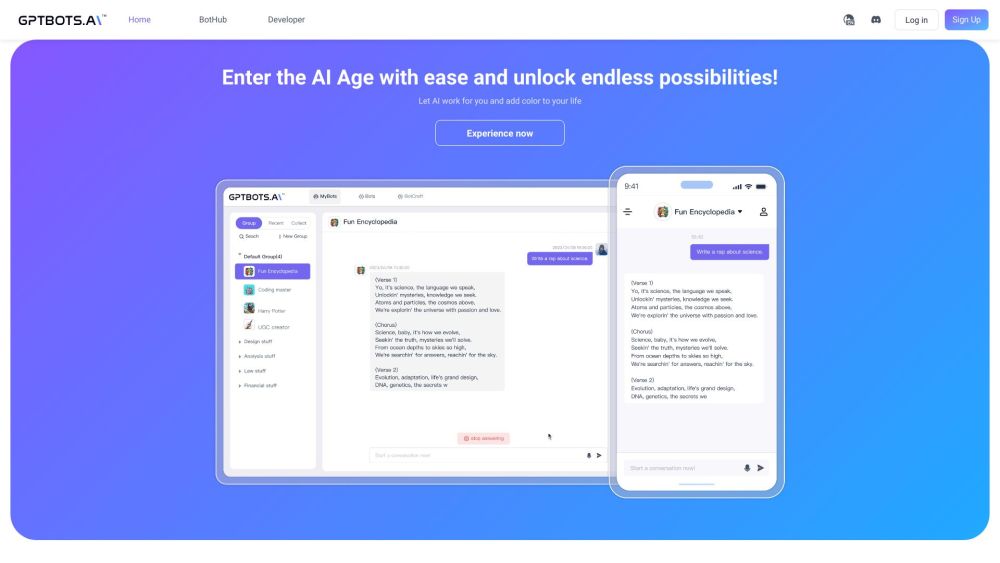In April 2023, OpenAI experienced a security breach that resulted in the unauthorized access of confidential information pertaining to its technology. This breach occurred when a malicious actor infiltrated an online forum utilized by employees to discuss the company’s latest developments. Although core systems and training data remained safe, sensitive information shared on the forum was compromised.
Despite the severity of the breach, OpenAI's board—then composed of different members—made the controversial decision not to disclose the incident publicly. They informed only their employees, citing that no customer or partner-related data was taken, as reported by reliable outlets. Remarkably, the company did not alert law enforcement, believing that the event did not pose a threat to national security, given that the hacker acted alone and had no known connections to nation-states.
This was not the first instance of cyber threats against OpenAI. In November 2022, a hacking group with links to Russia temporarily disabled ChatGPT for several days. Furthermore, in May 2023, OpenAI disclosed that it had identified at least five operations utilizing its technologies to disseminate misinformation regarding significant global issues, including the conflict in Ukraine and elections in both India and Europe.
Amid this atmosphere of concern, some OpenAI employees expressed alarm that the company's secrets could be vulnerable to rival nation-states. Notably, Leopold Aschenbrenner, who previously led OpenAI's superalignment team, reportedly raised concerns through a memo directed to the board. His apprehensions centered around the incident and the inadequate cybersecurity measures in place. Aschenbrenner was subsequently dismissed for allegedly sharing internal documents with external researchers under the guise of seeking feedback, which he claimed was an unfair dismissal.
OpenAI's spokesperson, Liz Bourgeois, acknowledged the concerns brought forth by Aschenbrenner but emphasized that these did not lead to his departure from the company. Following the incident, the OpenAI board underwent a significant overhaul after a leadership conflict, leading to the appointment of key figures, including retired Army General Paul M. Nakasone. Nakasone, previously the head of U.S. Cyber Command, now oversees the company's cybersecurity initiatives.
Bret Taylor, chair of the board, articulated the critical importance of security in innovation, stating, "Artificial Intelligence has the potential to have huge positive impacts on people’s lives, but it can only meet this potential if these innovations are securely built and deployed." As OpenAI navigates the complex landscape of AI technology and its associated risks, the company is taking steps to fortify its cybersecurity posture and mitigate future threats.




